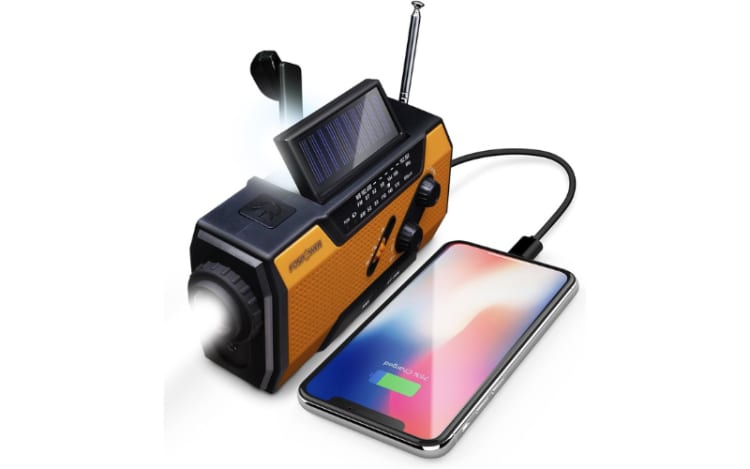10 Practical Survival Tips for Any Situation
10 Practical Survival Tips for Any Situation

<
Want to be prepared without turning into a tin-foil hat weirdo? These 10 survivalist tips will keep you ready for emergencies while staying chill and practical. No bunkers or zombie apocalypse vibes needed—just smart, everyday habits to handle whatever life throws your way.
Stock a Basic Emergency Kit

Put together a small kit with stuff like water, non-perishable snacks, a flashlight, batteries, and a first-aid kit. Keep it in a backpack somewhere handy, like your closet or car. I learned this the hard way when a storm knocked out power for two days, and I was stuck eating stale crackers ‘cause I had nothing else.
Learn to Filter Water

Water’s life. Get a portable water filter or learn to make one with charcoal, sand, and a bottle. It’s a game-changer if you’re stuck without clean water. Practice it once in your backyard so you ain’t fumbling when it counts.
Master a Fire-Starting Trick

Know how to start a fire with a flint and steel or even a battery and steel wool. It’s not just for camping—fire means warmth and cooking if the grid goes down. Bonus: it’s kinda fun to practice and feel like a badass.
Keep Cash Stashed

ATMs and card readers can crap out in a blackout. Stash some cash in small bills somewhere safe at home. Fifty bucks can get you food or gas when digital payments are toast.
Grow a Tiny Garden

Plant some herbs or veggies in pots, even if you got no yard. It’s cheap, and you’ll have fresh food if grocery stores get sketchy. My basil plant’s been saving my pasta dishes for months, and it’s dumb easy to grow.
Map Your Escape Routes

Figure out two or three ways to bounce from your house or work if roads are blocked. Think floods, fires, or traffic jams. Walk or drive them once to spot any weak points, like sketchy bridges.
Get a Crank Radio

A hand-crank radio keeps you in the loop when phones and internet die. You can hear weather alerts or news without needing batteries. They’re cheap and last forever—total no-brainer.
Practice Going Off-Grid

Try a weekend with no power or internet to see where you’re weak. Cook on a camp stove, use candles, and skip the Wi-Fi. It’s like a dry run for real emergencies, plus it’s kinda dope to unplug.
Learn Basic First Aid

Take a free first-aid class or watch legit YouTube vids to learn how to bandage wounds or handle sprains. Knowing how to stop bleeding or splint a break can save someone’s bacon before help arrives.
Build a Community Vibe

Get tight with your neighbors or local crew. Swap skills, like who’s good at fixing stuff or cooking. If sh*t hits the fan, having folks you trust nearby is worth more than any gadget. My neighbor once lent me his generator when my fridge was about to turn into a science experiement.
More Galleries
